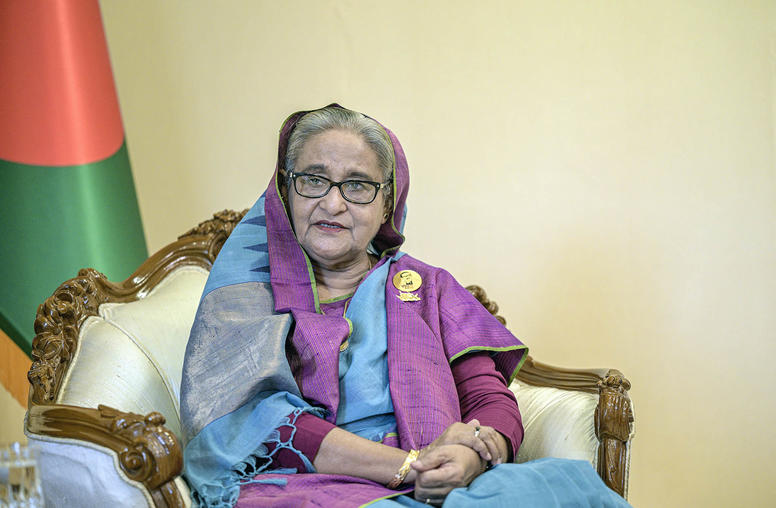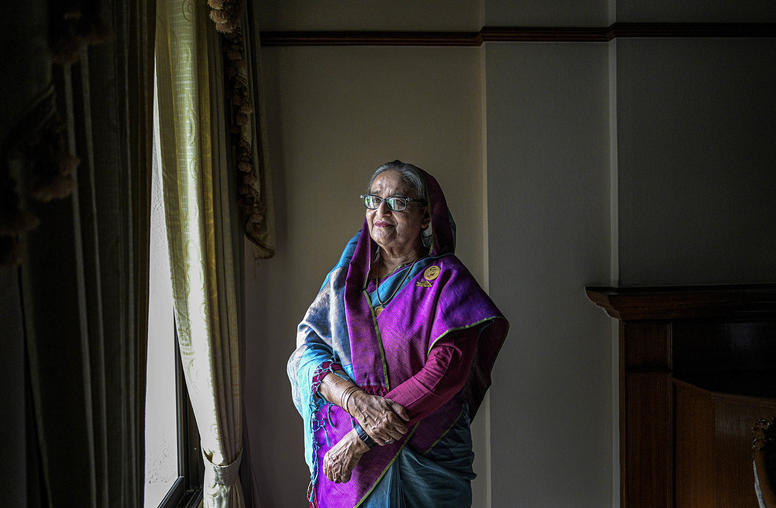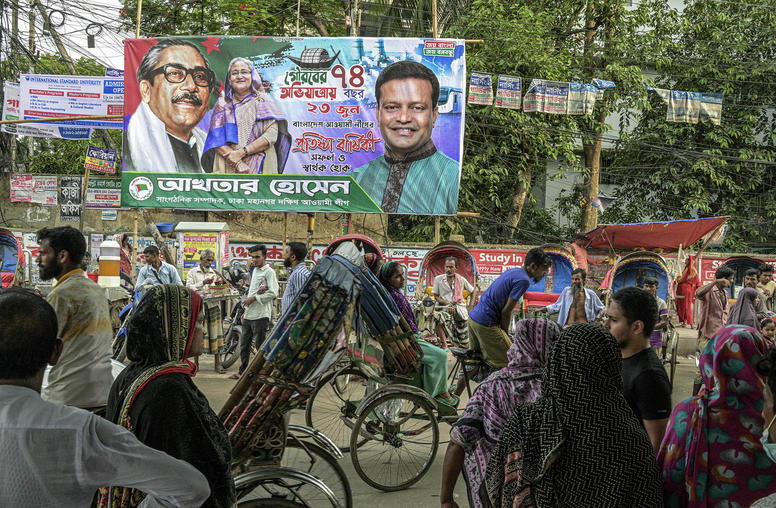Geoffrey Macdonald, Ph.D.
Contact
Please submit all media inquiries to interviews@usip.org or call 202.429.3869.
For all other inquiries, please call 202.457.1700
Dr. Geoffrey Macdonald is a visiting expert on South Asia at USIP.
Dr. Macdonald is also a senior advisor in the Asia-Pacific division at the International Republican Institute (IRI), where he currently focuses on research and program strategy in Asia. Previously, Dr. Macdonald was IRI’s Bangladesh country director, overseeing the design, implementation, evaluation and financial management of U.S. government-funded programs on civil society capacity building, youth civic education, minority rights, political party strengthening, and countering violent extremism. Dr. Macdonald has also taught political science at George Washington University, Grinnell College and other institutions.
Dr. Macdonald’s research focuses on political and extremist violence, democratic design, conflict management, and comparative politics with a regional focus on Bangladesh and South Asia. He holds a doctorate from the University of Denver’s Josef Korbel School of International Studies and was awarded a Fulbright research scholarship to India in 2012-2013.
Dr. Macdonald’s writing has been published by the Journal of Democracy, The Washington Post, Foreign Policy, the Council on Foreign Relations, and various other academic and policy outlets.




